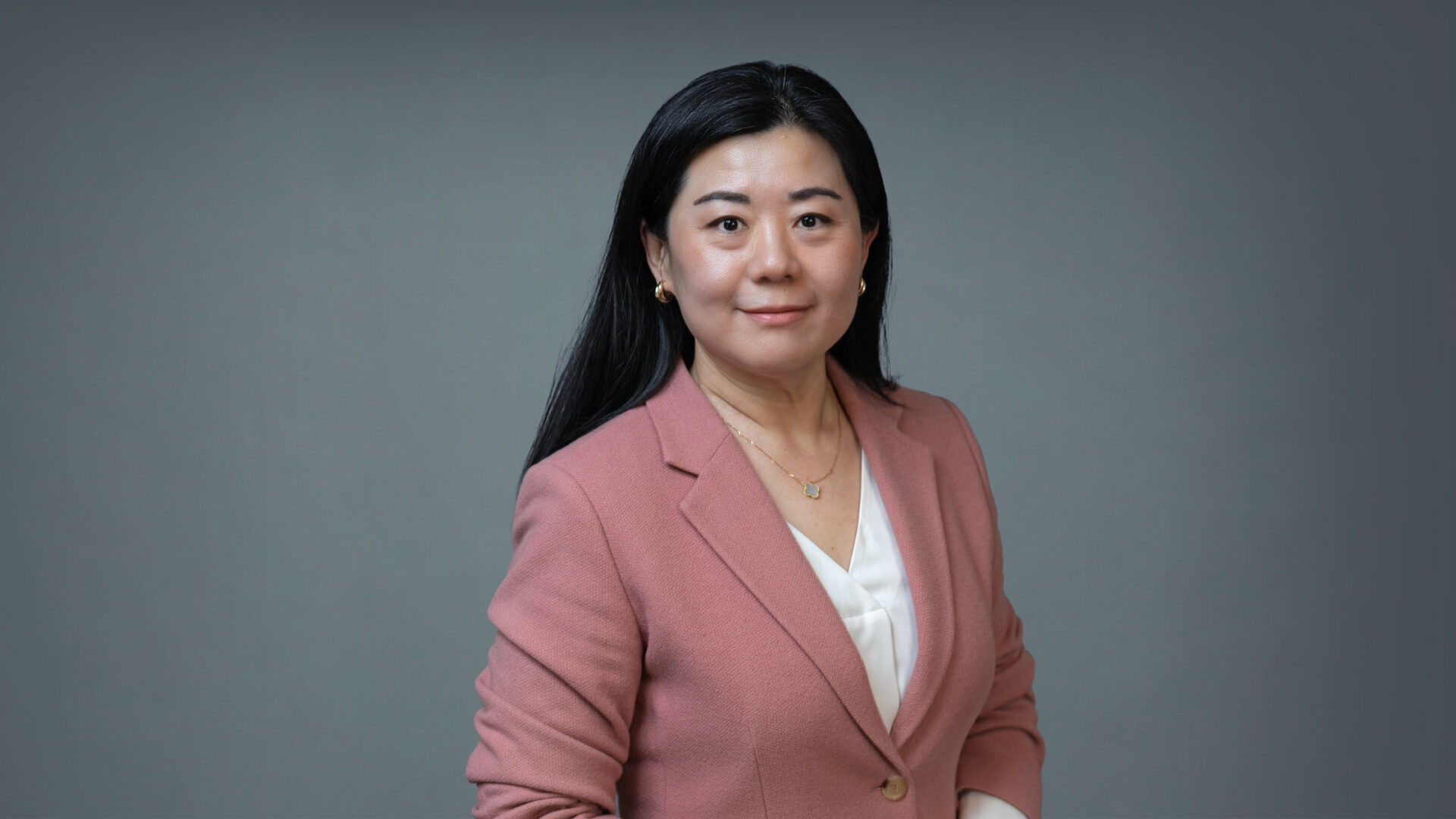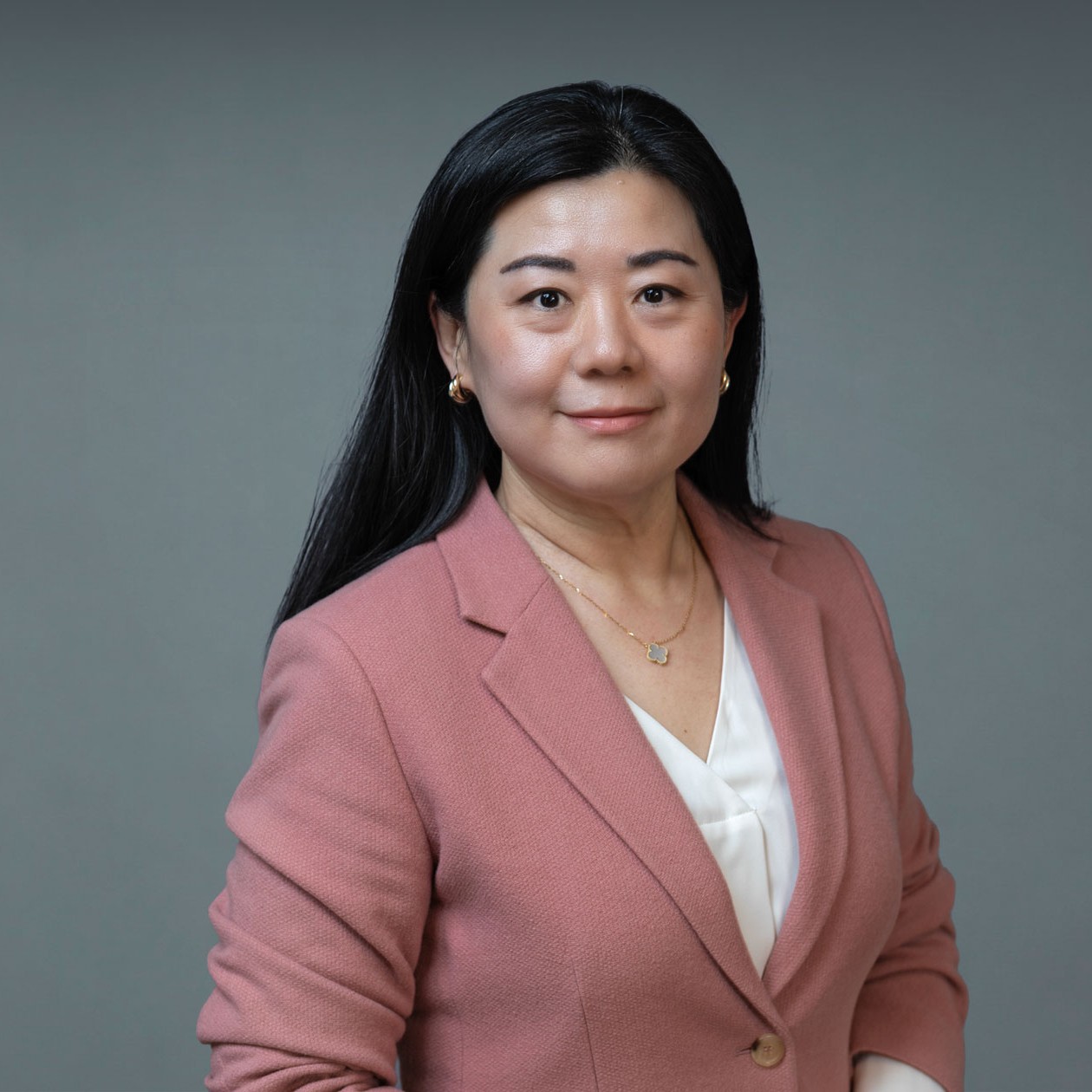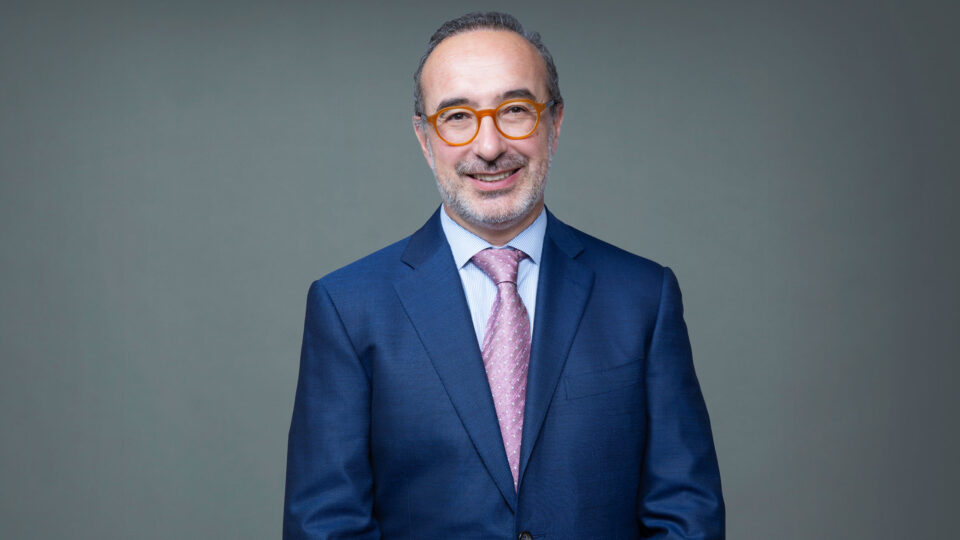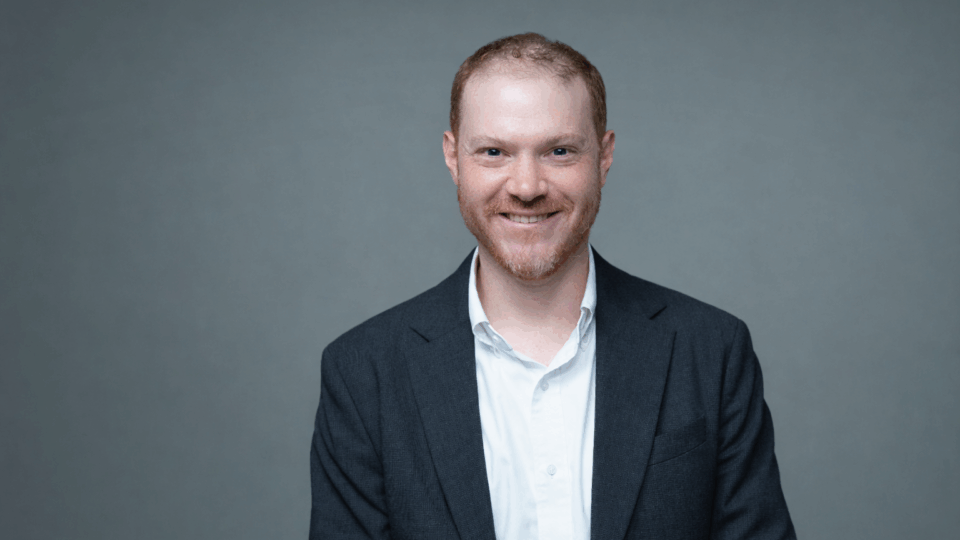Acclaimed breast medical oncologist Iris Zhi, MD, PhD, has joined NYU Langone Health as medical director of clinical operations in the Division of Medical Oncology at Perlmutter Cancer Center at NYU Langone Hospital—Long Island.
Dr. Zhi has worked on Long Island for the past nine years, most recently serving as medical site director and attending physician at Memorial Sloan Kettering (MSK) Commack.
In her new role, she brings her deep local experience and clinical leadership to Perlmutter Cancer Center, where she will enhance access to NCI-designated cancer care by streamlining processes and ensuring the highest quality treatment close to home. A leader in integrative oncology, she will also advance research on acupuncture for treatment-related neuropathy.
Here, she discusses her commitment to delivering accessible, patient-centered oncology services on Long Island.
Physician Focus: What inspired you to accept a position at NYU Langone Hospital—Long Island?
Dr. Zhi: I was drawn to the opportunity because of the expansion of Perlmutter Cancer Center’s comprehensive breast cancer services. Delivering exceptional care close to home is a mantra I share deeply.
Not only does the hospital have world-class oncoplastic breast surgeons, including Jill Dietz, MD, but patients also have access to preeminent system-wide services. These include the Cardio-Oncology Program, the Supportive Oncology Program, and the newly expanded oncofertility program, which is led by gynecologic oncologist Emeline M. Aviki, MD, MBA.
“Having lived on Long Island for more than 20 years, I feel a strong calling to serve and advocate for the needs of our population.”
Iris Zhi, MD, PhD
Having our practice embedded within NYU Langone Hospital—Long Island to support patients’ every single need is unique. Perlmutter Cancer Center offers an exceptional opportunity to broaden services across Long Island. I believe we are particularly well positioned to deliver the highest quality of patient-centered care.
Physician Focus: What are some of your top priorities as medical director of clinical operations on Long Island?
Dr. Zhi: One priority is improving access to care in Suffolk County. Suffolk County has a diverse population, with about 18 percent African American and 23 percent Hispanic residents, and it’s important to acknowledge that. Many patients in Suffolk County are looking for better medical care and don’t know that NYU Langone Hospital—Long Island is an NCI-designated cancer center.
To build patient awareness about our Suffolk County cancer care services, connecting with the local community is key. Having lived on Long Island for more than 20 years, I am deeply rooted in the community and feel a strong calling to serve and advocate for the needs of our population. And after working on Long Island for nine years, I’ve built many meaningful relationships with respected local breast cancer communities. I look forward to building on those connections and representing NYU Langone’s commitment to excellence and equity.
On top of that, NYU Langone Health recently completed a merger with the former Long Island Community Hospital, now named NYU Langone Hospital—Suffolk. With that merger comes new medical and surgical oncology services; we’re building chemotherapy units and launching the clinical practice.
Physician Focus: Your research interests explore acupuncture and integrative oncology approaches to cancer treatment. Can you share more about this work?
Dr. Zhi: I grew up in China with the influence of traditional Chinese medicine. It feels natural to me to offer patients integrative therapies. And patients are increasingly asking for a more comprehensive approach, with the ultimate goal of providing a better quality of life.
“There’s confusion about integrative oncology. Some providers and patients think it’s alternative medicine, but it’s not.”
My research on acupuncture as a potential treatment for chemotherapy-induced peripheral neuropathy (CIPN) contributes to the evolving landscape of supportive cancer care. In our 2020 JAMA Network Open study of 75 patients with solid tumors with moderate to severe CIPN, real acupuncture over eight weeks reduced neuropathic pain—consistent with prior pilot trials. There is also have abundant evidence that acupuncture is beneficial for cancer-related joint and muscle pain, as well as treatment-related nausea and vomiting.
One of my latest studies, funded by the Gateway for Cancer Research Foundation, is a phase II trial investigating acupuncture for CIPN prevention in patients with breast cancer. We’re analyzing the data and preparing an abstract for this year’s major oncology meeting.
Physician Focus: You’re also an advocate for improving provider adoption of integrative oncology. Can you discuss your efforts in this area?
Dr. Zhi: There’s confusion about integrative oncology. Some providers and patients think it’s alternative medicine, but it’s not. Integrative oncology is based on rigorous preclinical and clinical science on how best to incorporate these evidence-based complementary approaches.
In partnership with the Society for Integrative Oncology, where I serve on the board of trustees, we have produced the only comprehensive, evidence-based clinical practice guidelines for incorporating complementary and integrative therapies into conventional breast cancer care.
I believe we need more research and stronger advocacy to support the appropriate use of integrative oncology in cancer-directed therapy—for both clinicians and patients.
Physician Focus: Improving care for older patients with cancer is also a focus of yours. What have you learned from your research and clinical experience so far?
Dr. Zhi: My research in this area focuses on the efficacy and predictability of immunotherapy in older patients with triple-negative breast cancer. We presented abstracts at the 2024 National Comprehensive Cancer Network conference as well as the 2024 San Antonio Breast Cancer Symposium, which showed that the benefit of immunotherapy for older patients is similar to younger patients, but that older patients experience higher toxicity.
Additionally, my work emphasizes listening to older patients. As co-director of the Breast Cancer in Adults Over 65 Program at MSK Commack, we conducted focus groups to understand their unique needs and preferences. I’m looking forward to continuing this work at NYU Langone.
Older patients on Long Island really want to get their cancer care without having to cross the bridge or travel far, and that’s my goal. The best care starts by listening to each patient’s story and understanding their goals, which may differ from their family’s wishes. I think that’s exactly what we can do as a health system to better address the needs of older patients: Listen carefully to what they say about choosing and accessing care and its impact on them, and then address any gaps.






